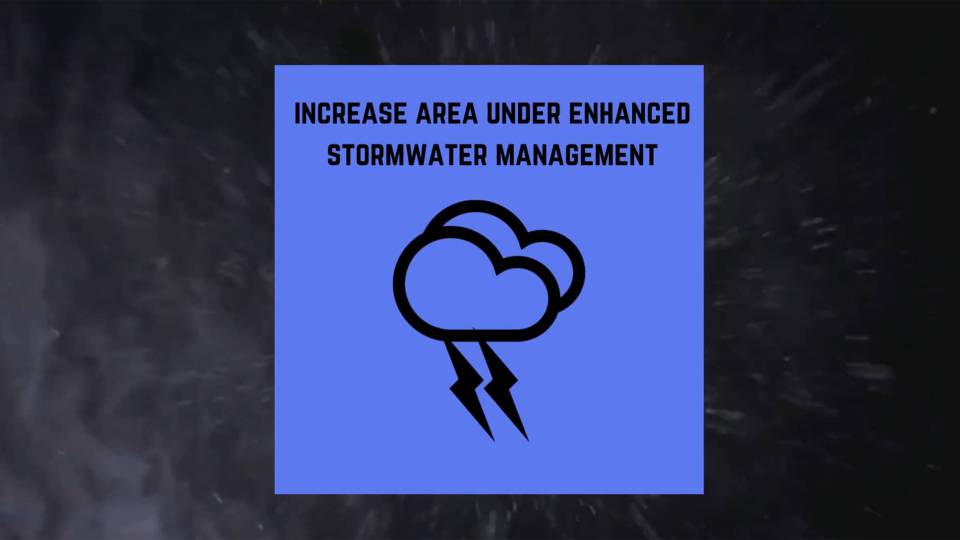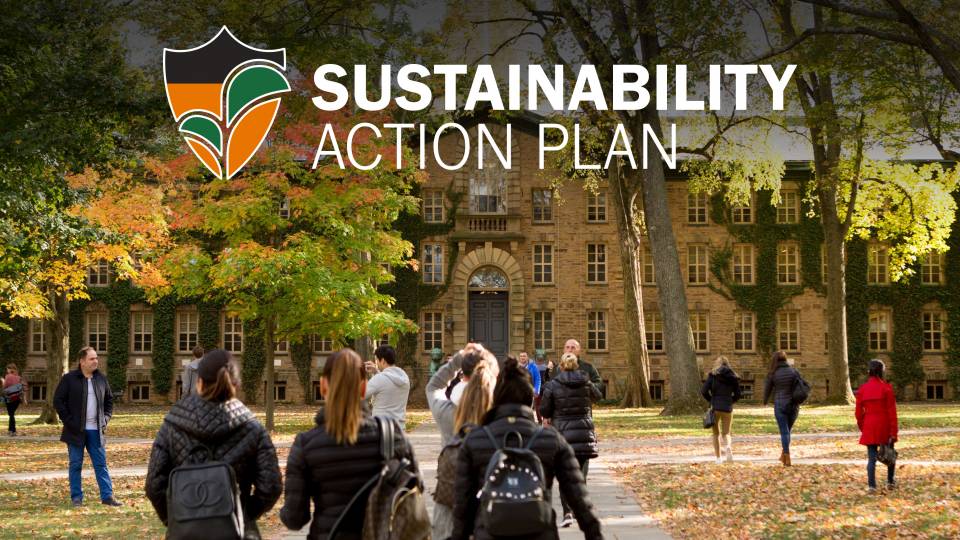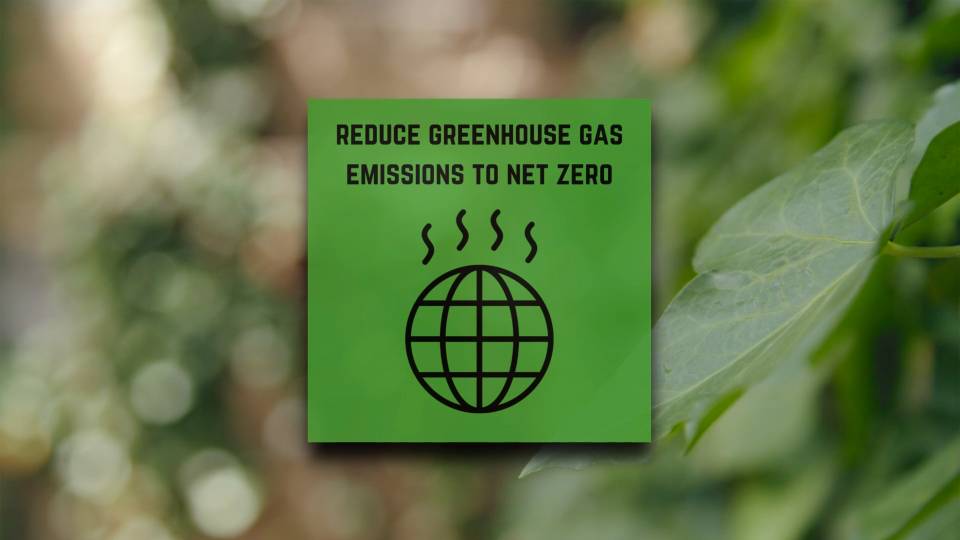Reducing water usage is one of seven action areas outlined in Princeton University’s Sustainability Action Plan(Link is external), which was released in April 2019.
The University aims to reduce annual campus water usage by 11% by 2026 and 26% by 2046 — and efforts are already underway. In this video, facilities supervisor Paul Larzelere discusses a rainwater collection system that uses rainwater as well as air conditioning condensate to flush toilets in the Princeton Neuroscience Institute.
Larzelere points out that systems like this can have both environmental and economic benefits. “This is a very large building with a lot of bathrooms,” he said. “We’ve never run out of water in those tanks. It had to have saved thousands of dollars.”
Princeton’s actions will reverse a trend of increased water usage through changes in water-intensive energy infrastructure, and by replacing potable water whenever possible with reclaimed and rain water, among other strategies. In parallel, we aim to encourage mindful consumption across the campus community by building a sense of connection between our everyday choices and water, as well as other natural resources.
The new plan’s other key action areas are reducing greenhouse gas emissions; expanding high-performance stormwater management; increasing sustainable transportation options; reducing waste and expanding sustainable purchasing; designing and developing responsibly; and cultivating healthy and resilient habitats.




